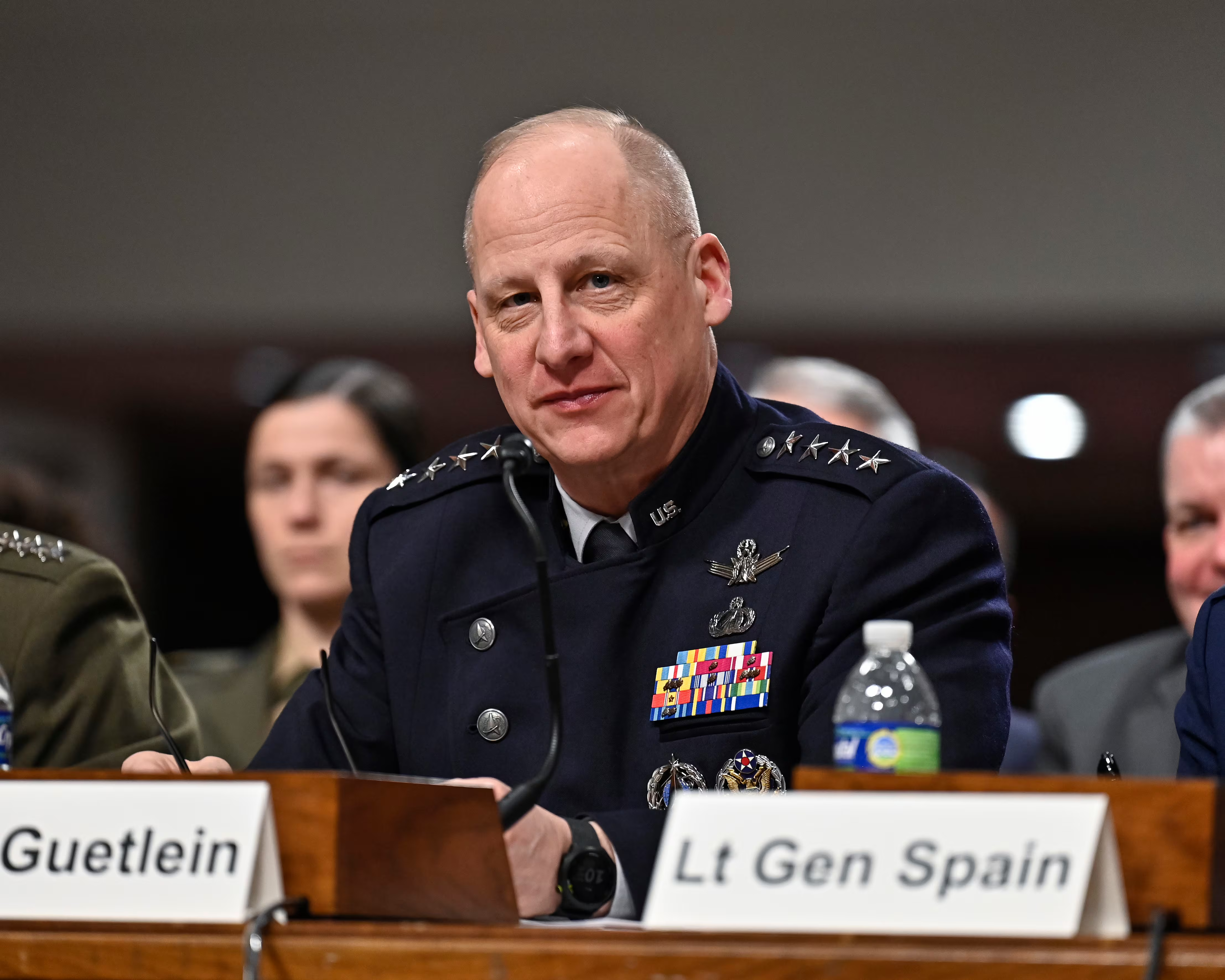PARIS – Intense media pointed out the high stakes of defense-policy matters in the upcoming French election when a Socialist member of parliament stumbled on live television as he called for building a second aircraft carrier for the French Navy without being able to speak to the costs.
MP Benoît Hamon, one of the two finalists in the Socialist arty primaries in the presidential election, came up with a weak reply when Alexandra Bensaïd, a financial journalist from radio France Inter, asked him in a live television debate how much an aircraft carrier cost.
"It costs a lot… several m… well, yes, hmm, it costs a great, great deal," Hamon said Jan. 25 (eds: correct).
The media coverage spanned leftwing daily Liberation – complete with a cartoon, through conservative paper Le Figaro – owned by the Dassault family -- to women's magazine Closer.
Hamon was in the debate, watched by millions, with his contender Manuel Valls, who resigned as prime minister to run in the presidential poll. TF1 and France 2 television channels carried the debate, which is the last televised debate before Socialist party members vote this weekend for their candidate.
"An aircraft carrier costs €4 billion," Valls sent on his Tweeter account just after the debate closed.
A second aircraft carrier is a hardy political issue, watered by debate on the campaign trail.
Former president Nicolas Sarkozy, when he was conservative presidential candidate in 2007, pledged to order a second carrier, as he said the only options were zero or two vessels. But that contract failed to appear during his five-year term at the Elysée presidential office.
"Naturally France should have two carriers," said Jean-Clause Allard, senior fellow at think tank Institut des Relations Internationales et Stratégiques. If there is only one, France lacks that capability when the ship goes in periodic overhaul.
The issue goes beyond the unit price of a ship and should be discussed in terms of the funds set aside for sovereign spending, which comprises defense, police and the justice system, he said.
Those key state functions account for seven percent of total public spending, of which defense accounts for 3.2 percent, police 3 percent and the rest on the justice system, he said. The annual defense budget of €32.7 billion ($ billion) covers present operational needs and maintenance, and also investment for the future through research and development to cover the next five to 10 years.
A parliamentary report in February 2008 by MPs Bernard Cazeneuve (Socialist) and Jean-Michel Fourgous (Union pour un Movement Populaire) set an estimated €3 billion for the price of a new carrier, with the latter raising the bill to a likely €3.5 billion while speaking in National Assembly hearings.
Beyond the procurement price, the annual service of a second carrier would be between €125 million and €135 million, with a total of more than €5 billion over an estimated 40 years of operational life, the parliamentary report said.
Adm. Bernard Rogel, the then chief of the Navy, told the lower house parliamentary defense committee in July 2012 that he would not seek "between €3 billion and €5 billion" for a second carrier as such an acquisition would be "inopportune" and unbalance the capabilities of the services.
France had planned to build its second carrier in partnership with Britain, but London sailed ahead with the 2007 contracts for the two Royal Navy vessels, Queen Elizabeth and Prince of Wales.
Hamon also called in the television debate for the French defense budget to be excluded from calculating the national deficit as Europe benefited from the investment Paris had sunk into the military.
The French Navy has three Mistral class helicopter carriers and the Charles de Gaulle, a nuclear-powered ship which entered service in 2001. The flagship of the French fleet is due to go into an 18-month long overhaul.
Hamon, a radical leftwing candidate, unexpectedly won the first round primary vote last weekend, and was followed by Valls, who is considered to be pro free market. Some 5.5 million viewers watched the debate, compared to 8.5 million for the program which pitched François Fillon against Alain Juppé, the contenders for the conservative Les Republicains. Fillon won that primary election and will go to the presidential polls to be held April 23 and May 7.







